1. History The college was founded in 1974. It was formerly the Agricultural No. 7 Normal School. After 5 mergers and 7 name changes, in 2012, with the approval of the People's Government of the Xinjiang Uygur Autonomous Region and the filing of the Ministry of Education, the college was transformed into an independent public full-time general higher vocational college. In November 2020, it was approved as a project unit of the second batch of high-quality higher vocational colleges in the autonomous region. In June 2021, the Office of the Leading Group for Education of the Party Committee of the Autonomous Region and other five departments jointly issued the "Work Plan on Supporting Xinjiang Applied Vocational and Technical College to Build a Regional Vocational Education Highland". The college ushered in unprecedented development opportunities and entered the fast lane of high-quality development. After 50 years of development, it has trained more than 90,000 students of various types and made due contributions to the economic construction, social development and education of Xinjiang and Yili Prefecture. It has successively won the honorary titles of "National Advanced Collective of Ethnic Education", "National Advanced School of Adult Higher Education", "National Advanced Unit of School Art Education", the third batch of "1+X Certificate System Pilot Colleges" in the country, the third batch of "Modern Apprenticeship System" pilot colleges in the country, and the national excellent unit for internship management. The second batch of experimental schools in the national vocational colleges serving the lifelong learning project for all people. 2. Basic situation The layout of the college is "one main, one district and one base", that is, one main campus, one characteristic campus, and one industry-education integration base. It covers an area of 1,411.25 acres and the school building area is 472,300 square meters. There are 659 faculty and staff, including 558 full-time teachers; 127 people with associate senior titles or above, 27 specially appointed professors, 60 visiting professors, 11 industrial professors, and 21 flexible talents. There are 19,959 registered students. The employment rate has been above 90% in the past five years. The college has 41 higher vocational majors, and co-organizes two undergraduate majors, "4+0" garden technology and "3+2" tourism management, with Tarim University and Xinjiang University of Finance and Economics. The college actively connects with the "eight major industrial clusters" of the autonomous region, constantly adjusts the professional structure, and builds a "4321" professional group layout (4 autonomous region key backbone professional groups, 3 college key professional groups, 2 characteristic professional groups, and 1 cultivation professional group). It has 132 on-campus internship and training rooms and more than 140 stable off-campus internship and training bases, and 1.077 million books. 3. Main achievements In the past three years, the college's teachers and students have obtained 1,315 achievements at the autonomous region level and above, including 232 national-level achievements and 1,083 autonomous region-level achievements, forming a number of high-level scientific research achievements represented by the second prize of the National Science and Technology Progress Award. The new cold-resistant rose varieties "Tianshan Xiangyun" and "Tianshan Xiaguang" independently developed by the college won the gold and bronze medals at the World Horticultural Exposition; two industry-education integration cases represented the autonomous region in the "World Vocational Education Industry-Education Integration Expo"; Professor Guo Runhua won the sixth national Huang Yanpei Outstanding Teacher Award, was included in the autonomous prefecture's "Yili Talent" expert studio and awarded the "Excellent Expert Studio"; Associate Professor He Huanhuan was approved as the autonomous region's "Tianshan Talent" and "Xinjiang Craftsman"; Professor Zhou Yu was approved as the autonomous region's Tianshan Cultural Master and "Four Ones" Talent. Sui Yunji's teaching team was awarded the autonomous region's Huang Danian-style teaching team training team.
-

Tsinghua University
-

Peking University
-

Fudan University
-

Wuhan University
-

Zhejiang University
-

Nanjing University
-

Sun Yat-sen University
-

Tongji University
-

Renmin University of China
-

Jahrom University of Medical Sciences
-

Technological Institute of Tlaxcala Plateau
-

Golfo University
-

Technological University of South Sonora
-

Technological University of Huejotzingo
-

Tizimín Institute of Technology
-

Chilpancingo Institute of Technology
-

Technological Institute of Boca del Rio
-
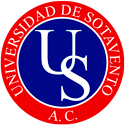
University of Sotavento
-
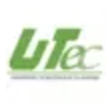
Technological University of Tulancingo
-

Valle del Grijalva University
-

Technological University of Nezahualcoyotl
-
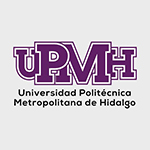
Metropolitan Polytechnic University of Hidalgo
-
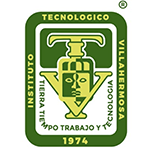
Villahermosa Institute of Technology
-
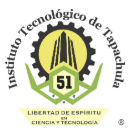
Instituto Tecnologico de Tapachula
-

Technological Institute of Parral

